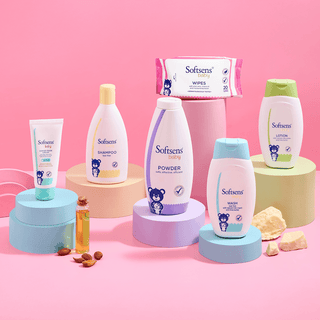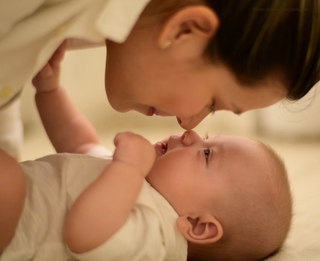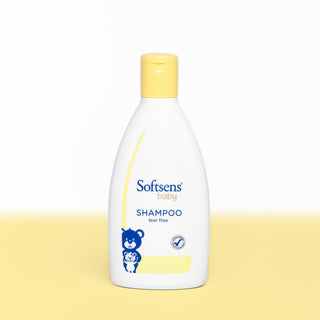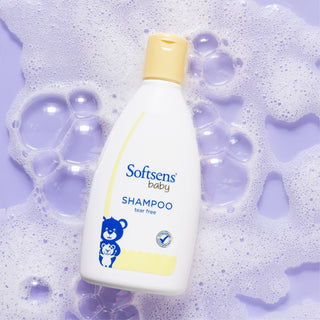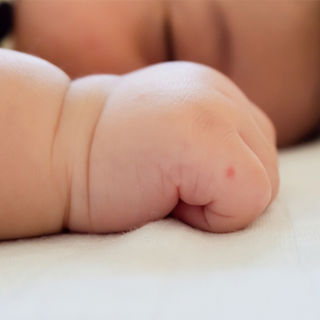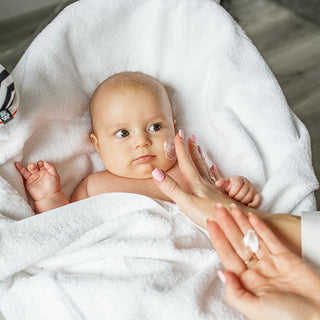
Congratulations on your new bundle of joy! As a new parent, you're probably overwhelmed with information and advice, some helpful and some, well, not so much. Baby care is a minefield of myths and misconceptions that have been passed down through generations. It's time to separate fact from fiction and arm yourself with accurate information to ensure your baby's well-being.
In this comprehensive guide, we'll debunk 10 common myths about baby care, providing you with evidence-based information and practical tips to navigate the early stages of parenthood with confidence.
Myth 1: Babies Need to Be Kept Indoors for the First Few Months
While it's important to protect newborns from extreme temperatures and crowded places, fresh air and sunshine are beneficial for both you and your baby. A short walk in the stroller or a few minutes in a shaded outdoor area can do wonders for your baby's mood and development. Just be sure to dress them appropriately for the weather and avoid direct sunlight.
Myth 2: Rice Cereal Helps Babies Sleep Through the Night
Adding rice cereal to your baby's bottle might seem like a tempting solution for sleepless nights, but research suggests that it doesn't actually help babies sleep longer. In fact, it can be harmful to introduce solids before your baby is developmentally ready, typically around 6 months of age.
Myth 3: All Babies Need to Be Burped After Every Feeding
While burping is important to release trapped air and prevent discomfort, not all babies need to be burped after every feed. Some babies naturally swallow less air while feeding and may not need to burp as often. Pay attention to your baby's cues; if they seem fussy or uncomfortable, try burping them.
Myth 4: You Can Spoil a Baby with Too Much Attention
Babies thrive on love and attention. Responding to their cries and providing comfort doesn't spoil them; it helps them develop a sense of security and trust. In fact, studies have shown that babies who receive consistent, responsive care are more likely to grow into well-adjusted children.

Myth 5: You Should Wake Your Baby Up for Feedings
Newborns typically have their own feeding schedule, waking up when they're hungry. While it's important to ensure they get enough to eat, you don't need to wake them up for scheduled feedings unless advised by your pediatrician, especially if they're gaining weight appropriately.
Myth 6: Teething Always Causes Fever
While some babies may experience mild discomfort and low-grade fever during teething, a high fever is not a typical symptom. If your baby has a fever higher than 100.4°F (38°C), it's essential to consult your pediatrician to rule out other causes.
Myth 7: All Babies Need Shoes
Babies don't need shoes until they start walking outdoors. In fact, going barefoot can help them develop balance and coordination. When they do start walking, choose soft-soled shoes that allow for natural movement.
Myth 8: Babies Should Drink Water Before 6 Months
Breast milk or formula provides all the hydration your baby needs for the first six months of life. Giving them water before this age can interfere with their nutrition and potentially lead to water intoxication.
Myth 9: You Shouldn't Cut a Baby's Hair Before Their First Birthday
There's no scientific evidence to support this myth. You can trim your baby's hair whenever you feel it's necessary. Just be sure to use round-tipped scissors or clippers designed for babies to avoid any accidental cuts.

Myth 10: Baby Walkers Help Babies Learn to Walk Faster
Contrary to popular belief, baby walkers can actually delay walking development. They restrict a baby's natural movement and prevent them from developing the necessary muscles and coordination for walking.
Bonus Tip: Trust Your Instincts
As a parent, you know your baby best. Trust your instincts and don't hesitate to ask your pediatrician for guidance if you have any questions or concerns about your baby's care.
Conclusion
Parenting is a journey filled with joy, challenges, and a whole lot of learning. By debunking these common baby care myths, we hope to empower you with accurate information and help you make informed decisions for your little one. Remember, every baby is unique, and what works for one may not work for another. Stay informed, trust your instincts, and enjoy this incredible journey of parenthood.



